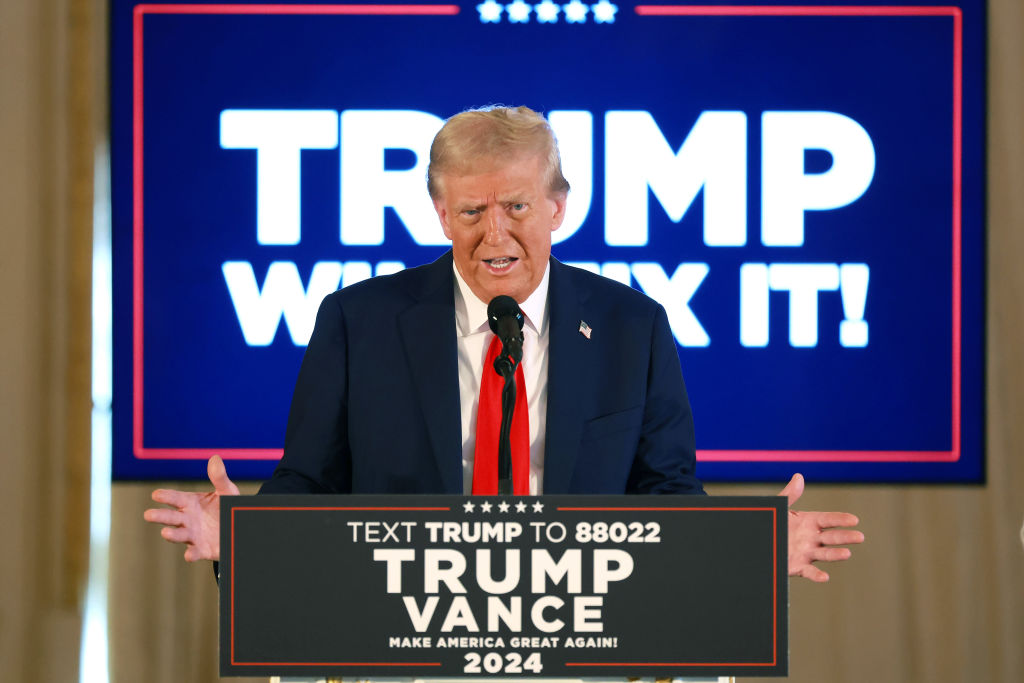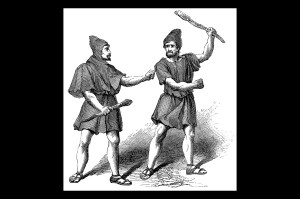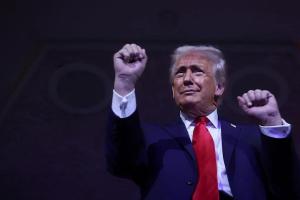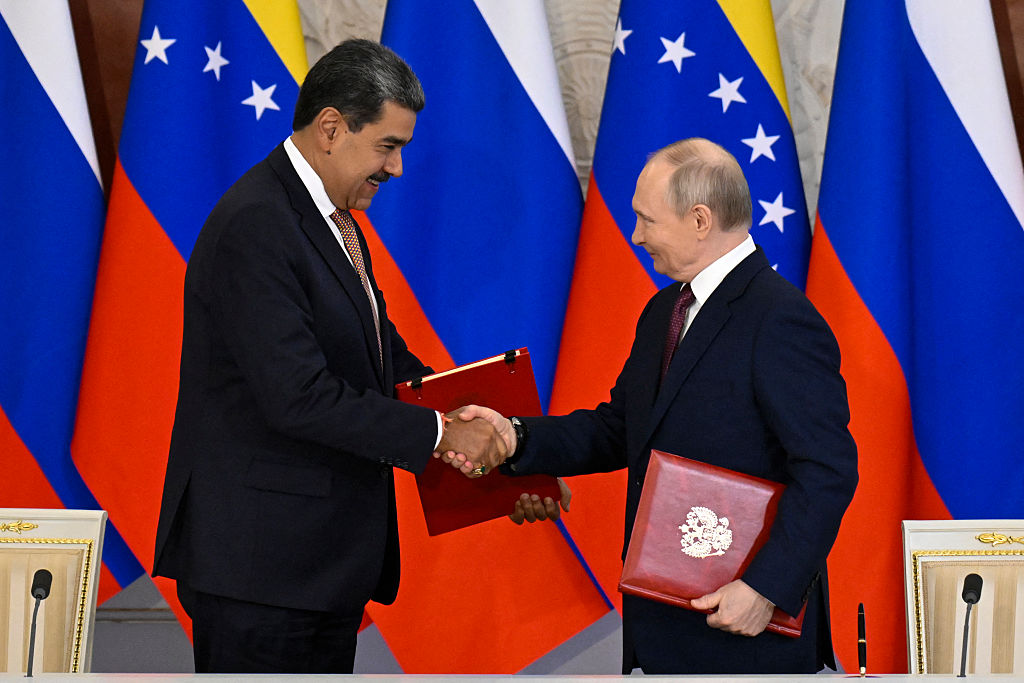Who has better lawyers: Donald Trump or the Syndicate? The fate of the election, and hence the fate of the country, may well come down to the answer to that question.
By “the Syndicate” (what I sometimes call “the Committee”), I of course mean the shadowy board of overseers that controls the Democratic Party and, by extension, the administrative apparatus that governs us. No one knows exactly who sits on this board. I suspect that even those who, in retrospect, we can see have occupied senior positions in its ranks are often uncertain about their place in the hierarchy.
Elsewhere, I have invoked C.S. Lewis’s idea of “The Inner Ring” to explain the dynamics of this phenomenon. In every social organization, Lewis noted, there exist two hierarchies. One is an official and public hierarchy. The other is covert. The names of its members are “not printed anywhere.”
You are never formally and explicitly admitted by anyone. You discover gradually, in almost indefinable ways, that it exists and that you are outside it and then later, perhaps, that you are inside it… It is not easy, even at a given moment, to say who is inside and who is outside. Some people are obviously in and some are obviously out, but there are always several on the borderline.
What sort of place do you suppose Joe Biden occupies in this fraternity? As I write, he is still nominally the president of the United States. At the same time, he is also like a deflated balloon. He had been installed by the Syndicate, but when voters noticed the air rushing out of his candidacy, he was suddenly uninstalled.
We know when. It was on July 21, the date that he issued a bulletin on his private (not the POTUS) account advising the world that 1) he was ending his campaign for the presidency and 2) he would finish out his term. Biden neglected to endorse Kamala Harris in his original letter of congee. Doubtless that omission was brought to his attention by whomever pushed him to withdraw — Chuck Schumer? Nancy Pelosi? Nameless financiers?
But the result was that, in the name of protecting “democracy,” the Dems’ democratically selected nominee was abruptly shunted aside and Kamala Harris, whom no one had voted for, was airlifted into the candidacy. Many people have commented on this breathtaking and profoundly anti-democratic maneuver. Still, I am not sure its implications, even now, are widely understood.
For one thing, it dramatized the fact that all talk of “democracy” is just that: talk. Sure, the United States was never a democracy in any real sense. It was a republic, in which the ultimate sovereignty of the people was underwritten by a system of checks and balances that were defined by the Constitution and guaranteed by frequent, free and fair elections.
These days, the hot news on the left is that the Constitution is a reactionary document we would be well rid of. Which brings me back to my opening question: who has better lawyers, Donald Trump or the Syndicate that secreted Kamala Harris and gave her the Democratic nomination?
Still, certain things are not yet known, or rather not yet certified. Anyone who has been paying attention can accurately predict what is going to happen. Donald Trump is going to win on November 5. Will his showing be large enough in the so-called swing states to force instant recognition by the bureaucrats overseeing the elections in those states? No one at this juncture can say for certain.
Unlike in previous elections, however, Republicans are turning out in force for early voting. As I write, the tally in Nevada, Georgia, North Carolina and elsewhere is very positive for the GOP. “The data is unbelievable,” said Republican operative Sean Spicer, “It’s almost too good to be true.” Political commentator Mark Halperin seconded Spicer’s observation, noting that, “If this continues, Donald Trump can’t lose, because the Democrats can’t possibly do well enough on Election Day.”
Well, that is why God — or perhaps it was his infernal counterpart — made lawyers: to make the weaker argument seem stronger, the stronger weaker and to transform a victory that seemed “too big to rig” into just another triumph for the deep state.
We really don’t know exactly how Trump’s victory will play out. I suspect that, to quote Halperin again, that it will mark both the psychological collapse of the Democratic Party and spark the “greatest mental-health crisis in the history of the country.” Remember the puppies, the playpens, the counseling sessions when Trump won in 2016? Remember the violent mobs, the females screaming at the sky, the efforts to convince electors not to vote for their chosen candidate? Multiply all that by a factor of ten.
When Donald Trump lost in 2020, the daily memo said that questioning the results of an election was undemocratic and, if seriously pushed, had to be met with ostracism, indictments and jail time. In 2024, the Dems will revert to form, discovering once again that dissent is a patriotic duty.
Many will take a page from Joe Biden, who just a day or two before I write said of Donald Trump, “We gotta lock him up, politically lock him up.” There are many in the orbit that Biden used to trace who would like to do just that. To add insult to, er, insult, the president managed to upstage his aspirant successor last night: while Kamala rallied tens of thousands on the Ellipse, in a Zoom call at the White House behind her, he said, “The only garbage I see floating out there is his supporters” — referring to Trump’s supporters.
I suspect that one of two things will happen. In politics as well as financial planning, present trends are often an unreliable predicator of future results. But should present early-voting trends continue, we will know on November 5 that Donald Trump has won — “even,” as one commentator observed, “before the polls open.”
The other possibility is that we won’t, and then the lawyers on both sides will have a field day. Trump will still win, I predict, but the process will be ugly, expensive and unedifying.


























Leave a Reply